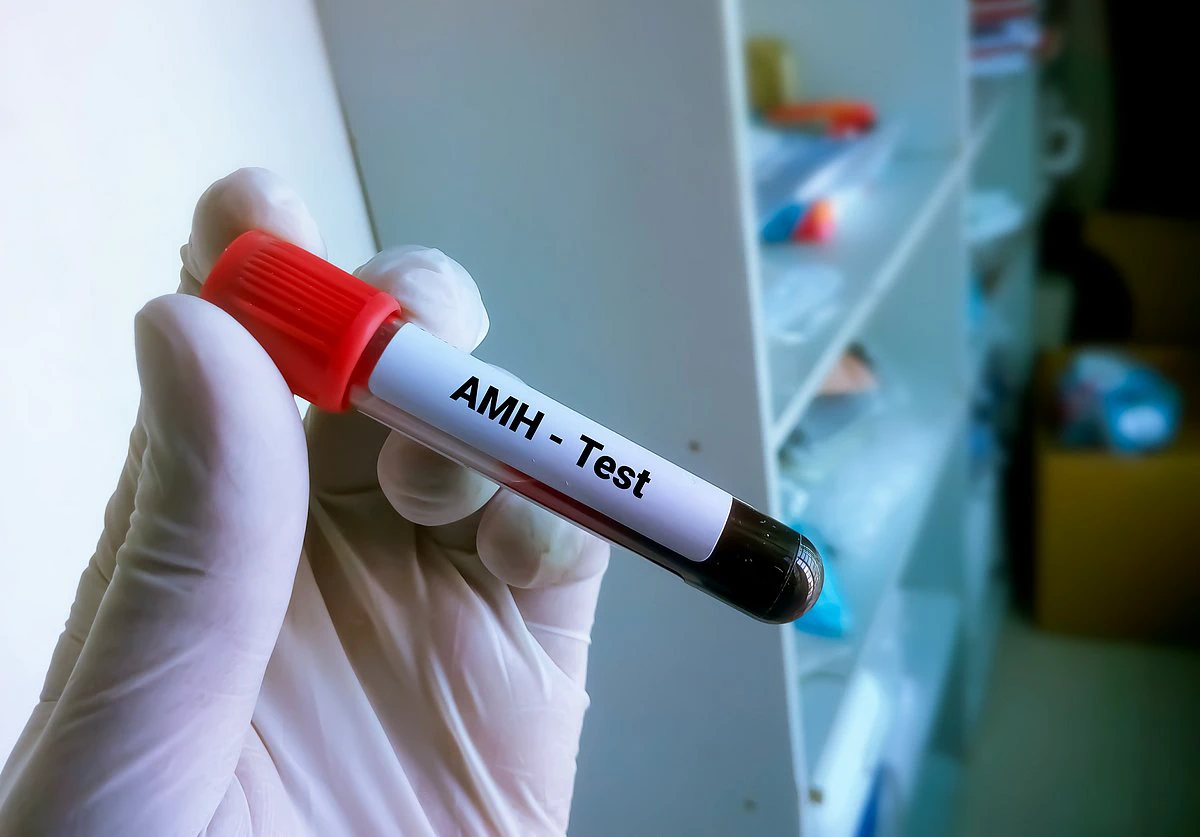Over the past five years, fertility experts have noted a 20-60% rise in awareness about the Anti-Müllerian Hormone (AMH) test among women in Bengaluru.
The test measures a woman’s egg count and fertility potential. It costs between Rs 1,500 to Rs 3,000 according to the lab, and is said to have an accuracy of 85-95%.
Dr Amitha N, consultant fertility specialist at an IVF centre in Electronic City, has observed a 40-50% jump. “Earlier, we had to explain what the test was about. Now, many women walk in with their AMH results and ask us to interpret them,” she says.
The specialists Metrolife spoke to attribute this shift to social media, health awareness campaigns, the growing visibility of egg-freezing programmes, and open conversations about family planning at workplaces.
Postponing pregnancy
Dr Shilpa Ellur, senior consultant in reproductive medicine and high-risk obstetrics, says almost 90% of her patients take the test to decide whether to delay pregnancy.
Dr Amitha adds that for many women, the AMH test is now part of routine family planning. She says 40-50% of her patients use it to check if they can safely postpone pregnancy for work, higher education, or travel. Women with PCOS are including the AMH test in broader diagnostics, as also those who are at risk of premature menopause, often signalled by irregular or lighter periods. “Results should always be interpreted along with ultrasound scans,” she adds.
Dr Priya S P Patil, consultant obstetrician and gynaecologist at a Rajajinagar hospital, says many unmarried women in their late 20s and early 30s seek the test to understand their fertility timeline or explore egg freezing. The test is also used in special cases, such as where women have lost an ovary, undergone ovarian surgery, or are preparing for cancer treatment.
Backup plan
Dr Amitha says most women taking the test are aged 30-37 and work in corporate sectors. “They want to buy a house, settle financially, and get a promotion before having children,” says Dr Shilpa. She recalls a 32-year-old patient who froze her eggs before leaving to study in the US. “She would be 35 by the time she returned, so she wanted a backup plan,” she explains.
Dr Mahesh Koregol, senior clinical director and fertility specialist in Koramangala, notes that relationship uncertainties also drive some women to delay parenthood. “In some cases, women in their early 20s show AMH levels similar to those nearing menopause,” he warns. AMH levels are generally considered normal between 2 and 4 nanograms per ml. Levels above this range may indicate possible PCOS, while levels below 2 suggest a low ovarian reserve. A reading below 1 requires immediate medical attention.
But Dr Manjula N V, consultant obstetrician and gynaecologist at a hospital at M S Ramaiah Nagar, offers a word of caution: “Ovarian reserves decline steadily after 35. A good AMH result today doesn’t guarantee that it’s safe to wait for pregnancy until 40.”
Some experts believe that with rising awareness, the AMH test could soon become part of routine fertility check. “It might even start influencing marriage proposals, since more women now face low ovarian reserve and early menopause between 30 and 35,” says Dr Shilpa.
